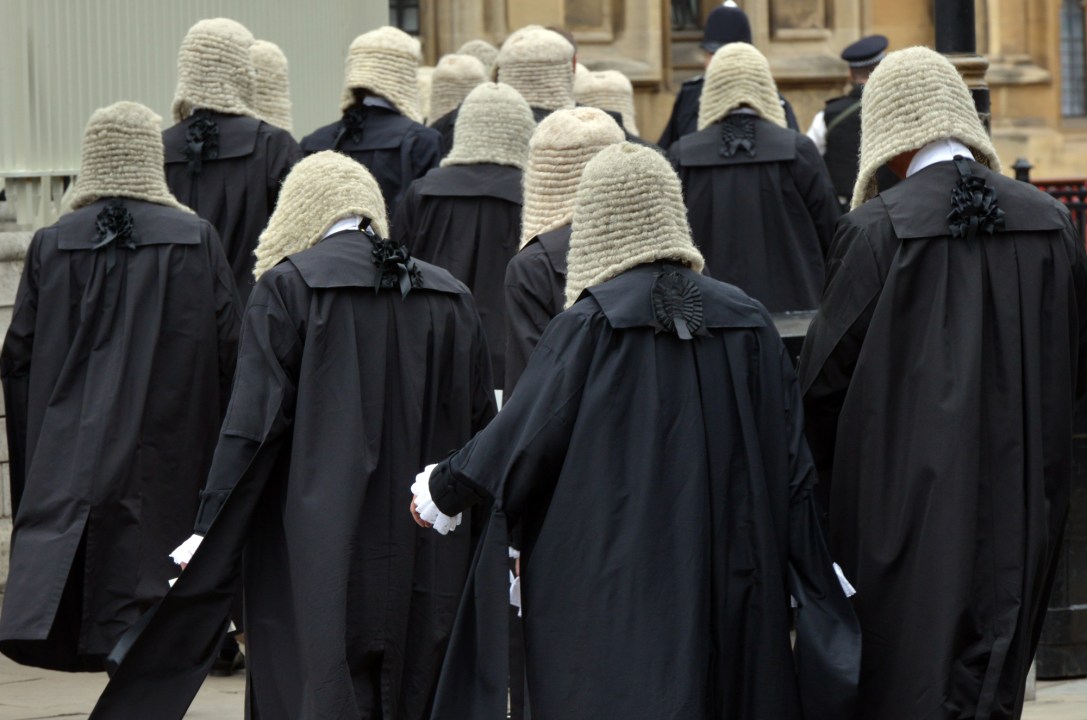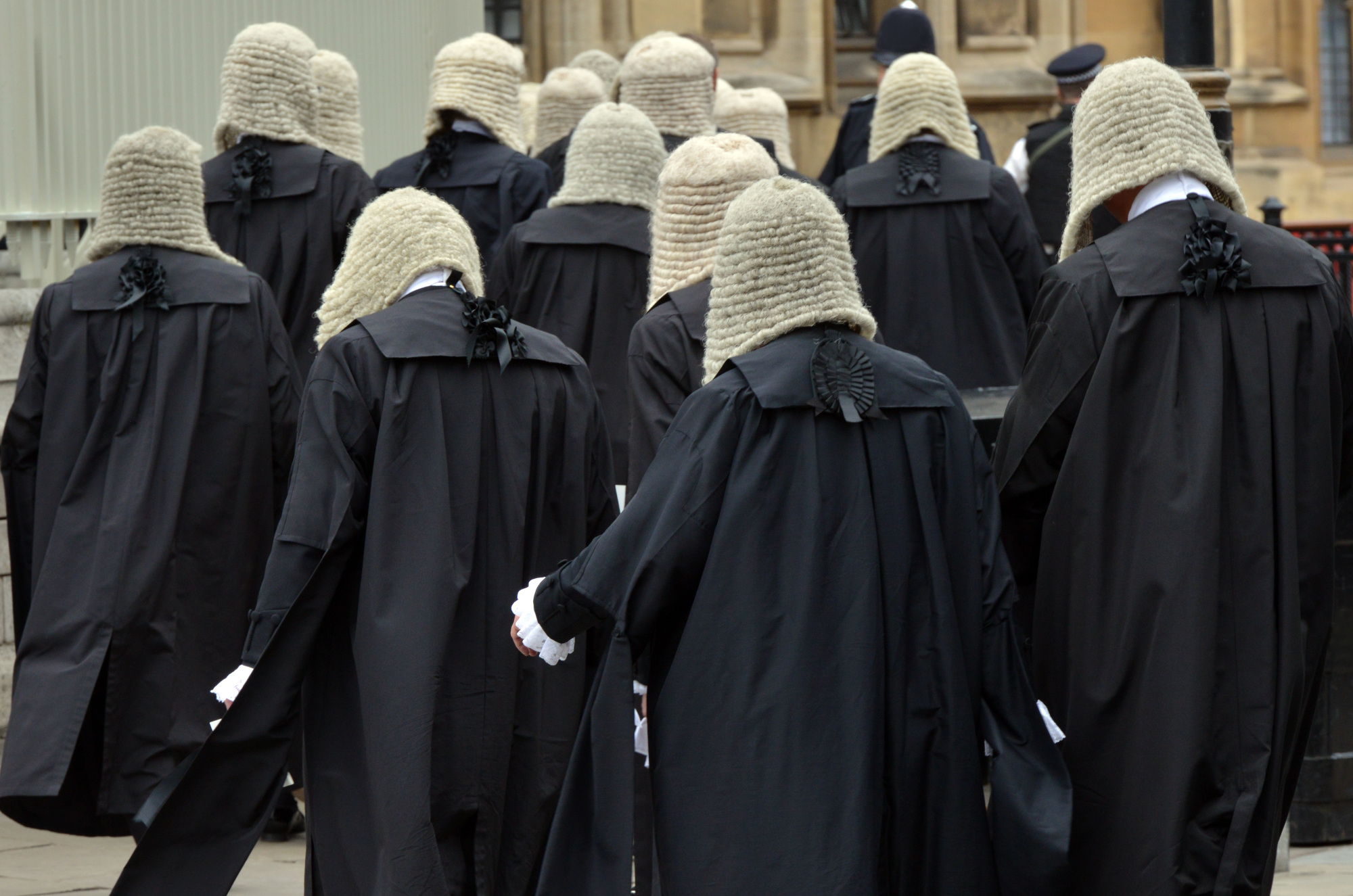Human beings fundamentally hate blatant displays of unfairness. That’s why most people abhor those who jump or barge into queues, or politicians who preach one rule for the public and practice another for themselves. Even plans by Reform UK to reverse previously established terms of indefinite leave to remain, which could affect those who have already settled under them, smacks of duplicity.
The wider general public is coming to the see the corrosive consequences of diversity schemes
This is also why well-meaning schemes to artificially advance ethnic minorities in the workplace have always generated resentment among those they unjustly discriminate against. Beginning in the United States as ‘affirmative action’, exported here, and more recently given greater force under the woke doctrine of ‘diversity, equity and inclusion’ (DEI), they continue to foster division.
Despite optimistic pronouncements this year that woke is over, recruitment policies based on diversity schemes continue to be rolled out in Britain. As reported in the Daily Telegraph this morning – although the story is already familiar to users of social media – the Bar Council is now running a scheme that allows only black or mixed-race university students and graduates to join a six-week summer internship.
The Bar Council, which represents barristers in England and Wales, says that its project, known as the ‘10,000 Black interns’ programme, is ‘lawful positive action’ in accordance with recruitment practices endorsed by the 2010 Equality Act, those that assist ethnic minority applicants with the aim increasing workforce diversity.
Others disagree. Rupert Lowe, the independent MP for Great Yarmouth, has responded: ‘This is racism. What message does this send to a generation of talented, hard-working young people who happen to be white – that their ambitions are less worthy? That they must be excluded to balance some imagined historical scale?’
Lowe is correct that this constitutes racism, although most well-meaning leftists won’t recognise it as such. They only denounce deeds or words as ‘racist’ if they have malevolent intent and are performed by white people. Lowe is similarly right to imply that such iniquitous guidelines will be met with bitterness by those disadvantaged by them.
It was the long-term imposition of such programmes in America that contributed to the rise to power of Donald Trump and his re-election last year. That latter result was achieved to a large degree through the support of a white working class that had become exasperated by the well-founded suspicion that employment hiring programmes were rigged against them. It was fitting that one of the Trump administration’s first actions earlier this year was to ban federal agencies and businesses with government contracts having such schemes.
While many government bodies and corporations duly complied, progress in Britain has been slower. Certainly, many arms of the state here have not heard the good news that woke is dead. In August,MI5, MI6 and GCHQ unrolled for the third time an already controversial internship scheme open exclusively to young people from a ‘black, Asian, mixed heritage or ethnic minority background and from a socially or economically disadvantaged background’.
In April, in a similar attempt to boost ethnic diversity representation, West Yorkshire Police temporarily blocked applications to its police constable entry programmes by white British candidates. Meanwhile the Metropolitan Police also offers dedicated workshops to ethnic minority and female candidates in order to help them secure promotions.
Those who are penalised simply for having the wrong skin colour or wrong chromosomes recognise all-too-well the abject injustice of these policies. The wider general public is also coming to the see the corrosive consequences of diversity schemes. A poll conducted by Oxford University last week found that almost a quarter of the public now think that they are bad for white people, with support for them having shrunk in the space of year from 62 per cent to just over a half.
Those who are continually refused a job on account of their colour are unlikely to forget the experience – or forgive those who put such policies into place. And just as in America, the revolt against colour-based recruitment policies has nurtured in Britain a sense of grievance among a large portion of the electorate. Accordingly, after Reform’s local council election victories in May, leader Nigel Farage said that council staff working on diversity or climate change initiatives should henceforth be ‘seeking alternative careers’.
Reform UK have faced many accusations in their short history, especially in the past few days, that their policies are ‘racist’. But the irony is that their ascendency, like Trump’s before them, was fuelled by a feeling of resentment engendered by diversity schemes. If those on the left and in the Labour really want to combat racism, the best way would be to stop official bodies enacting and enabling it in the first place.







Comments